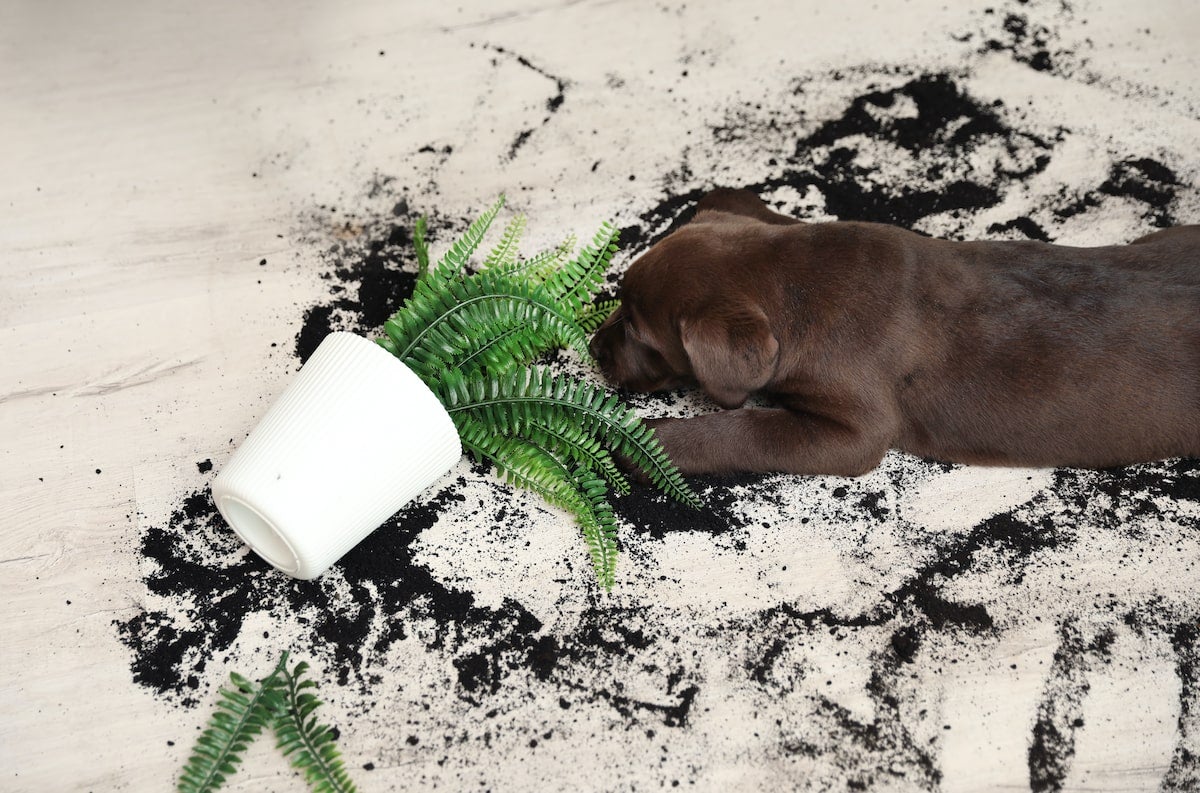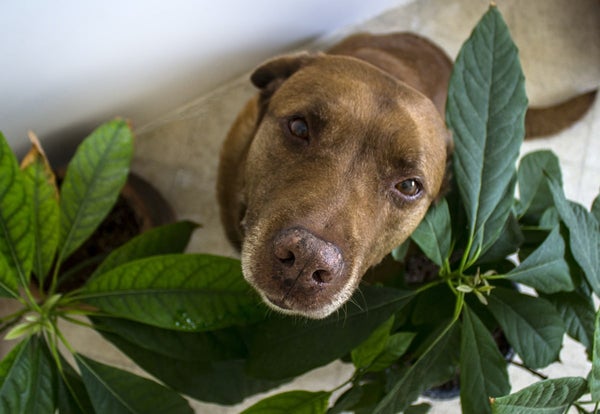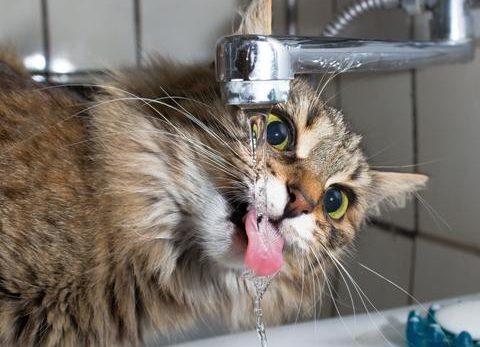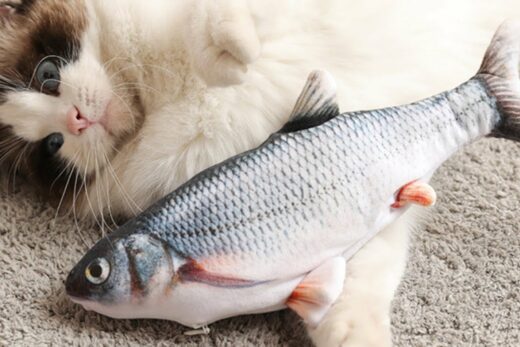
There’s nothing like waking up on a cloudy day and glancing over at your beautifully arranged, brightly colored bouquet of sunflowers. It just screams, “Have a sunny day!” even when it’s doom-and-gloom outside.
That’s the thing about indoor house plants and flowers… they help liven up your home or room by stimulating your senses, adding a touch of color, and cheering your place up a bit.
But what happens when your cat gets hold of fallen lily pedals? Or when your dog is found chewing on the stems of your golden pothos?
You see, back in 2019 the ASPCA reported that both outdoor and indoor house plants fell in 8th place on their top 10 list of pet toxins.
Certain gardening products like insecticides, fertilizers, herbicides, and soil enhancements came in 9th and 10th place in 2019. Which means, if you’re using any of these products on your indoor house plants, then you’re creating a double whammy of household toxins for your pet. Yikes!
So, as much as we love and sometimes need indoor house plants, as a pet parent it’s time you ask these two important questions…
What plants are toxic to cats and what plants are toxic to dogs?
We know, it’s not a question you’d normally ask. Besides, most indoor house plants look harmless. Seriously, unless you have a corner designated for thorn bushes and cactus plants, then what’s the big deal?
Well, here’s the thing… Our canine and feline friends have quite the sniffers on them. They have far more scent receptors than us humans do. Which means, certain plant scents can be pretty toxic to them.
But what’s worse is if they happen to ingest those certain plants. The symptoms that follow can be debilitating and sometimes fatal.
That’s why, before we tackle our list of the most common plants toxic to pets, we highly encourage you to contact your veterinarian or the Animal Poison Control Center (APCC) if you know or think that your dog or cat has ingested any of the following poisonous indoor plants.

That said, let’s dive into…
Top 6 plants toxic to pets
1. Lilies and pets
Believe it or not, lilies are one of the most common indoor houseplants among pet owners. They exude a sweet aroma, brighten up dark rooms, and are super cute.
But the issue with lilies is that they are pretty toxic to our pets. In fact, lilies are perhaps the most poisonous plants for cats.
According to research, lilies can wreak havoc on your cat’s kidneys and digestion. Unwanted symptoms can take effect within 12-72 hours of ingestion.
These toxic symptoms include:
- Loss of appetite
- Excessive drooling
- Lethargy or fatigue
- Gastrointestinal upset
As for our canine friends, certain lilies can be equally toxic to them as well. For example, the peace lily has been known to cause dog depression, breathing problems, tremors, and irritation or a burning sensation in their mouth.
Now, the issue with lilies is that there are over 80 species. So you have to be really careful that you don’t accidentally bring home a plant that you think isn’t a part of the lily family.
2. Golden Pothos and pets
Golden pothos come in all shapes and sizes. Usually you’ll find them hanging high so that their long vines can cascade down the walls, doors, or windows. They’re incredibly decorative and very easy to maintain. Which makes them yet another popular indoor houseplant among pet owners.
There’s just one problem… Pothos are poisonous plants for dogs, cats, and even horses.
They can cause the following unwanted symptoms:
- Pain
- Vomiting
- Irritation in the mouth (tongue and lip swelling)
- Problems swallowing
- Excessive drooling
These symptoms can take place rather quickly once pothos are ingested. And the problem is, pothos have other popular names, such as devil’s ivy and silk pothos.
3. Aloe Vera and pets
Aloe vera is praised for its skin-enhancing benefits. It’s known for soothing sunburns, relieving skin irritations, and increasing your skin’s moisture. But that’s all geared toward humans.
If you’ve ever wondered, “Are aloe plants poisonous to cats? Or could dogs benefit from aloe on their paws?” You’re in for a big surprise…
As it turns out, the leaves of aloe vera contain anthraquinone glycosides, which is an ingredient used in some laxatives.
According to the ASPCA, the following symptoms can arise if your pet ingests aloe vera:
- Diarrhea
- Vomiting
- Lethargy
Some owners have also reported an odd urine color, loss of appetite, and depression in their pets.





